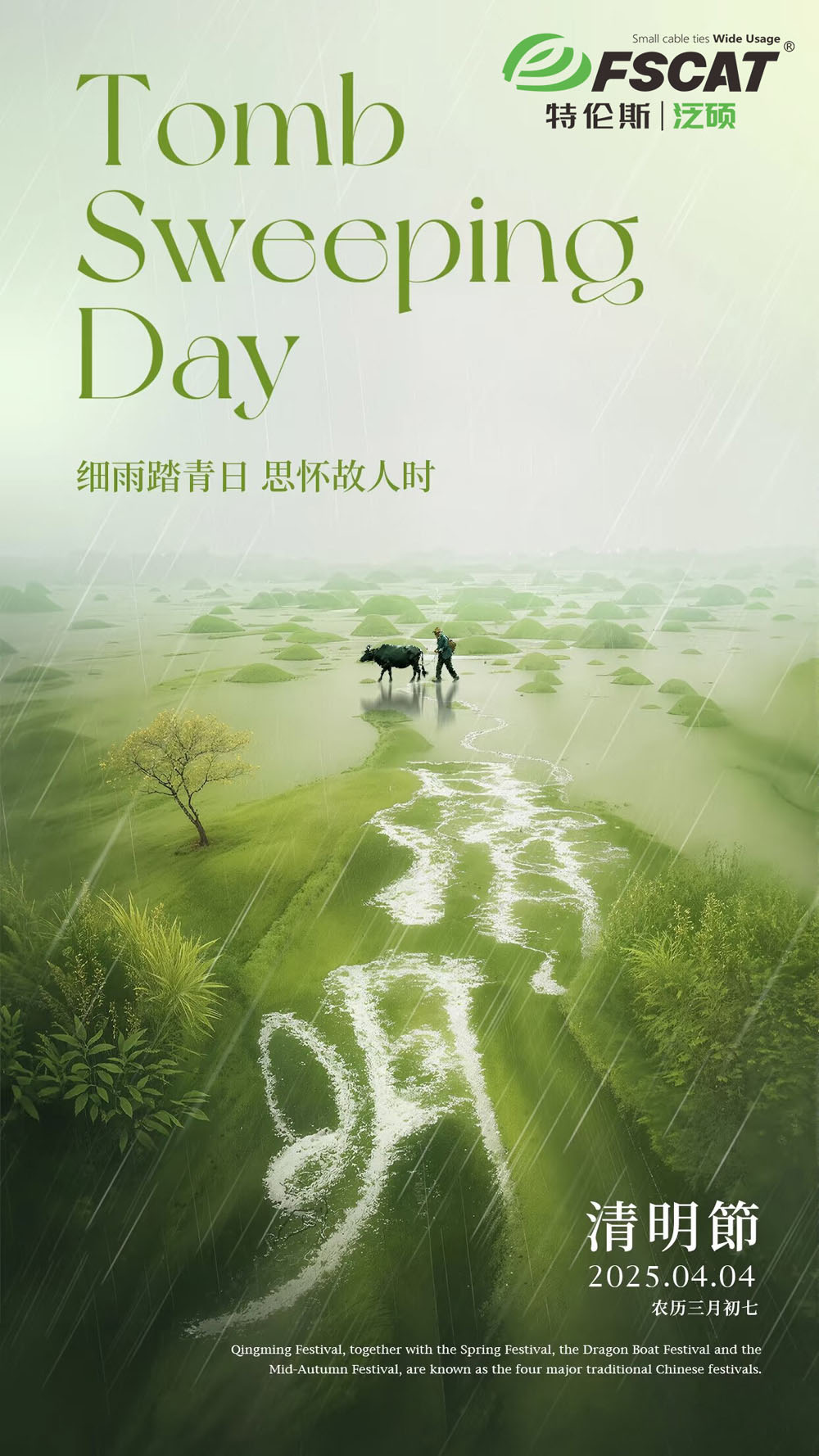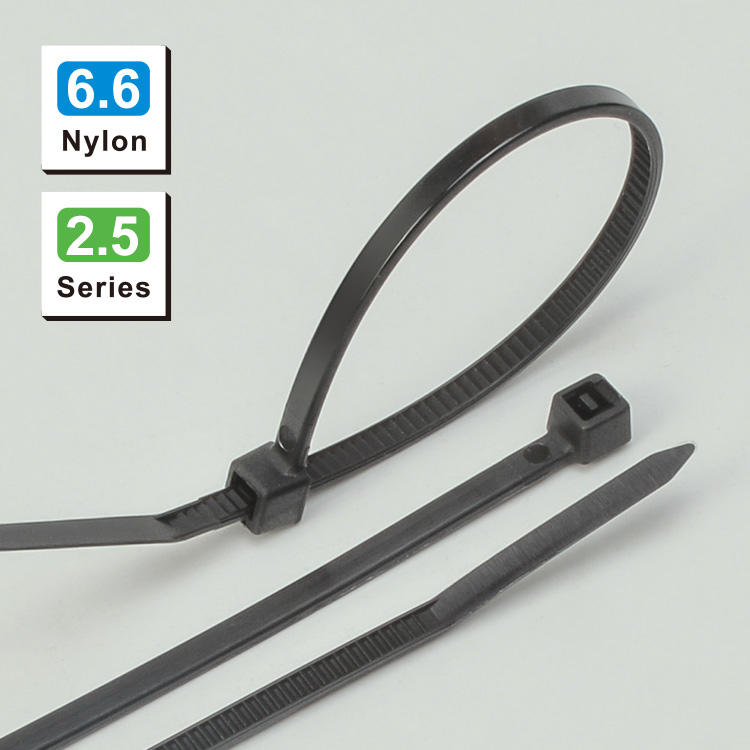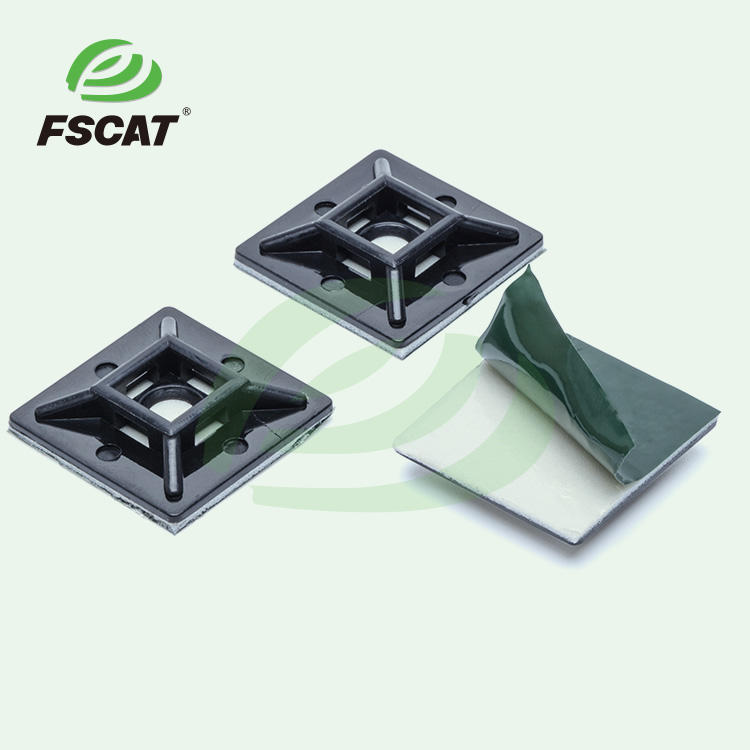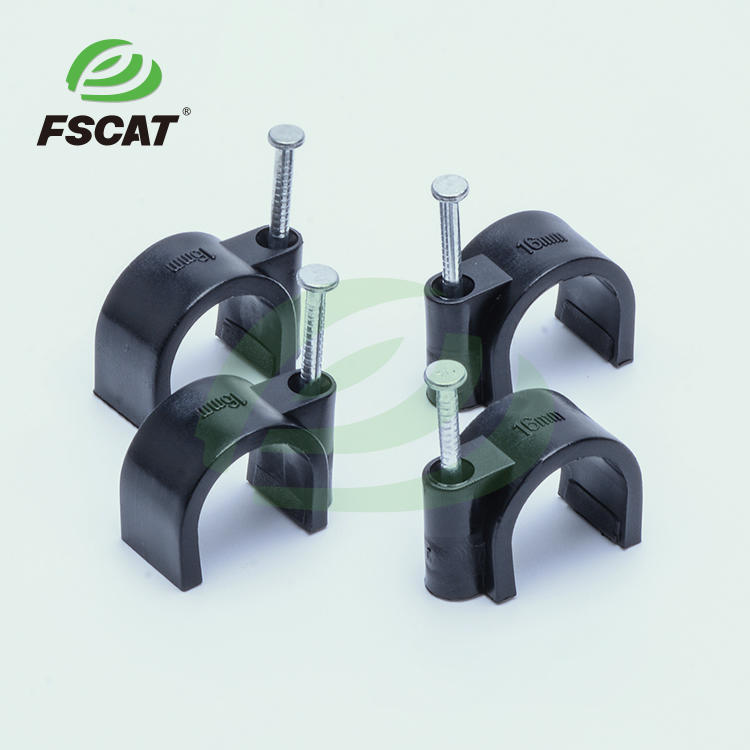Qingming Festival: Honoring Ancestors and Embracing Tradition

Qingming Festival, also known as Tomb-Sweeping Day, is one of the most significant traditional Chinese festivals. It is a time when families gather to honor their ancestors, pay respects to those who have passed, and celebrate the renewal of spring. The festival, which usually falls on April 4th or 5th, has been observed in China for over 2,500 years, blending solemn remembrance with the beauty of nature.
The Meaning Behind Qingming
The name "Qingming" (清明) means "clear and bright," reflecting both the festival's connection to mourning rituals and the arrival of spring. While it is a solemn occasion for honoring the deceased, it is also a time to appreciate nature, spend time outdoors, and embrace new beginnings.
Customs and Traditions
1. Tomb-Sweeping (扫墓 sǎo mù)
The most important Qingming tradition is visiting ancestral graves. Families clean the tombstones, remove weeds, and offer flowers or symbolic items. This practice reflects filial piety, a core value in Chinese culture, emphasizing respect for one's elders and ancestors.
2. Offering Food and Burning Paper Money
Families bring food, tea, wine, and incense to offer at the gravesite. Traditional foods like steamed buns, fruits, and roasted meats are common. Additionally, people burn joss paper (spirit money) and even paper replicas of houses, cars, and electronics, believing that these will be received by their ancestors in the afterlife.
3. Flying Kites (放风筝 fàng fēng zhēng)
A lighter, more joyful tradition of Qingming is kite flying. People write their wishes on kites and let them soar into the sky, sometimes even cutting the string, symbolizing letting go of misfortune and bringing good luck.
4. Spring Outings (踏青 tà qīng)
Qingming is also known as Spring Outing Day, as families take advantage of the pleasant weather to go outside, hike, and appreciate the beauty of blooming flowers and fresh greenery. This custom represents life’s renewal and strengthens the connection between nature and human life.
5. Eating Traditional Foods
Some special foods are associated with Qingming Festival:
Qingtuan (青团) – Glutinous rice balls filled with sweet bean paste, often dyed green with mugwort.
Cold Food (寒食 hán shí) – In ancient times, people avoided cooking with fire during Qingming, eating only cold dishes.
Things to Keep in Mind During Qingming Festival
Respectful Behavior: When visiting graves, it is important to speak softly, avoid loud laughter, and show reverence.
Fire Safety: Since many people burn incense and paper offerings, it’s crucial to follow fire safety regulations to prevent wildfires.
Dress Modestly: While there is no strict dress code, dark or neutral colors are preferred over bright, festive attire.
Traffic Congestion: Many families travel long distances to visit ancestral tombs, leading to heavy traffic, so planning ahead is advised.
Qingming in Modern Times
As society evolves, some families now pay respects online, using virtual memorial platforms to honor ancestors. Additionally, eco-friendly practices are encouraged, such as using digital offerings instead of burning paper.
Despite changes, the spirit of Qingming remains the same—a heartfelt time for remembrance, family, and appreciation of life. Whether through traditional rituals or modern alternatives, the festival continues to connect past and present generations, ensuring that family bonds remain strong across time.






